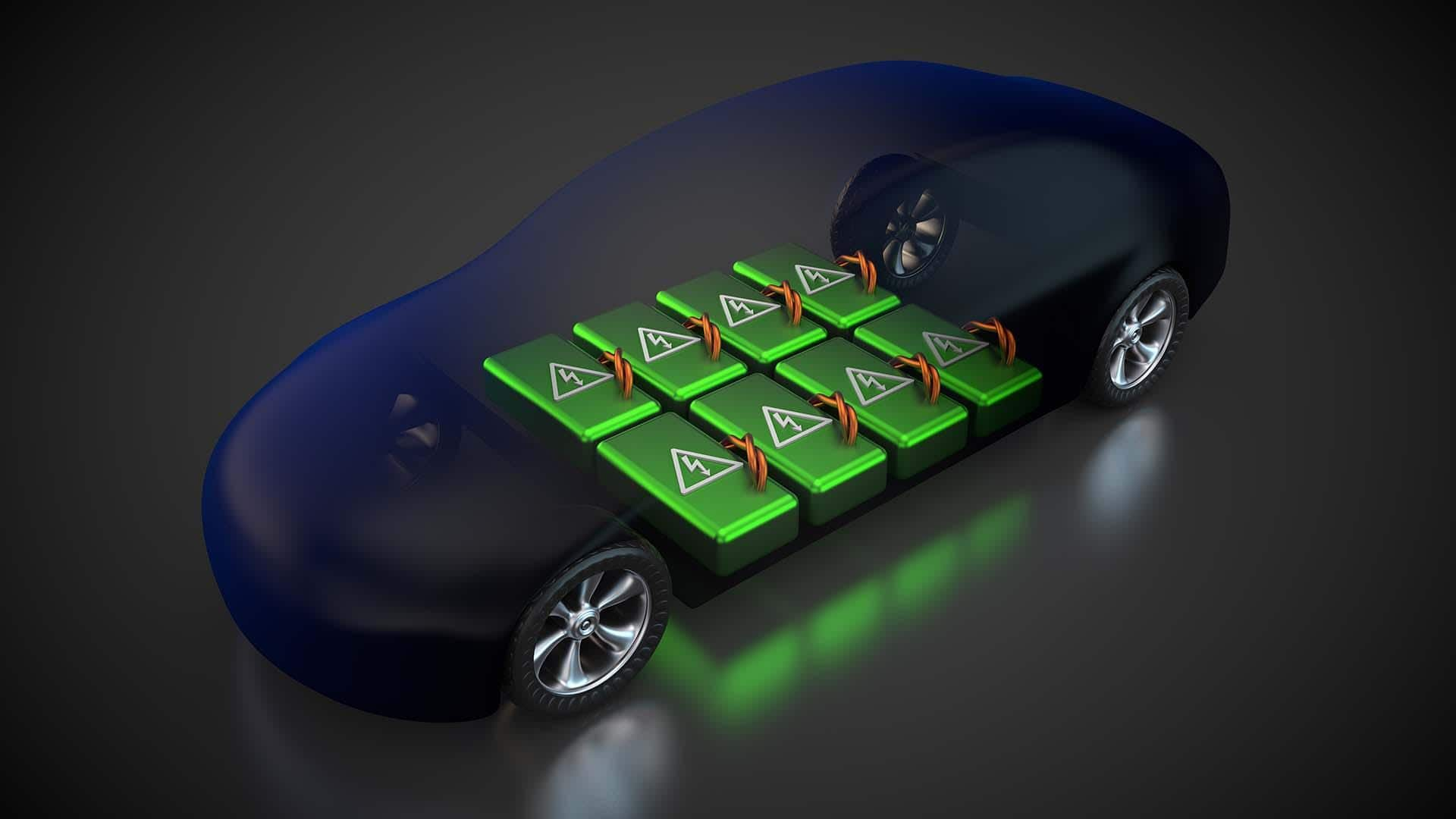
China commits nearly $830 million for advanced EV battery technology
What's the story
China has announced a significant investment of approximately 6 billion yuan ($828 million) into the development of advanced electric vehicle (EV) battery technology, as reported by China Daily. This funding is part of a government-led initiative launched earlier this year, with a focus on all-solid-state batteries. Major industry players such as Contemporary Amperex Technology Co. Ltd., BYD, and Zhejiang Geely Holding Group Co., have been chosen to participate in this program.
Technological advancement
Solid-state batteries: The future of EV technology
Solid-state batteries, the focus of China's investment, are considered more powerful, durable, faster to charge and safer than the current lithium-ion cells that dominate the EV sector. However, their development presents significant scientific and technological challenges. Commercialization is still several years away according to BloombergNEF due to high manufacturing and raw material costs. Initially, these batteries are likely to be limited to use in high-end vehicles.
Trade tensions
China's investment amid global trade tensions
The announcement of China's investment comes amidst heightened global trade tensions. Chinese EVs have been under scrutiny in the European Union and the US, with allegations that China is exporting excess inventory due to a domestic demand slowdown. The EU is expected to soon announce the results of its investigation into Beijing's subsidies for the EV sector, which could include potential tariffs on imported vehicles.
Future tech
Funding for firms developing next-generation battery technology
China's investment also includes funding for six firms working on next-generation battery technology. These firms include battery makers CATL and Nio-backed WeLion New Energy Technology, as well as automakers FAW, SAIC and Geely. Many auto industry officials and analysts believe that solid-state batteries will determine the competitiveness of next-generation EVs, despite constraints in raw material availability and complex manufacturing processes leading to high costs.